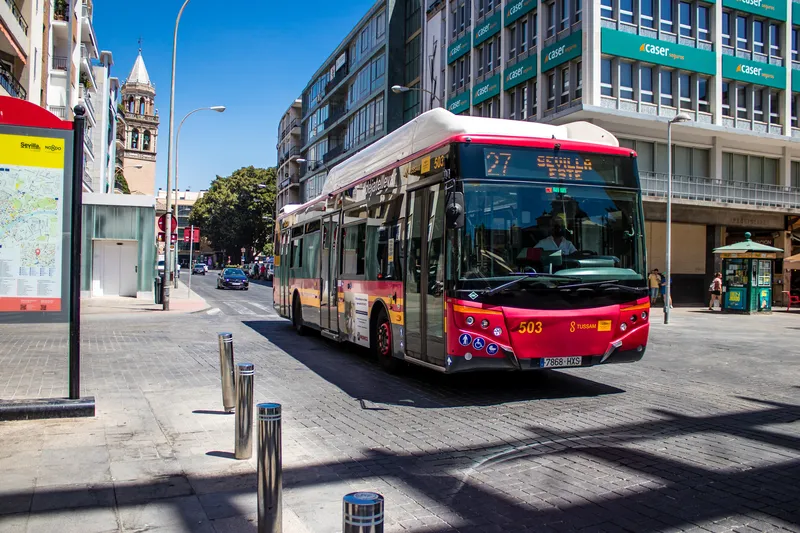UK-based health and care organisation Provide has adopted Spark EV’s artificial intelligence-based technology with the intention of removing range anxiety for drivers in its electric vehicle (EV) fleet rollout. The technology is said to enable the cars to complete 20% more journeys between charges.
Called Spark, the system collects live driver, vehicle and other data sources through an in-car sensor. It uses cloud-based machine learning algorithms to provide more accurate journey predictions for EVs.
Fleet managers and drivers can enter their proposed journey into the solution’s smartphone app to obtain advice on whether they will be able to complete it based on live data, previous trips and charge point locations.
Provide is also implementing charge points five of its sites and is planning to expand its fleet of Nissan Leaf EVs. It will also use Spark’s improved journey predictions based on previous trips to optimise vehicle usage.
Spark is available through a monthly subscription and is intended to integrate with existing fleet management/ scheduling systems through its open application programming interface. It can also be used as a standalone solution for smaller fleets.
Philip Richards, executive finance director and company secretary, at Provide, said: “We understand the benefits of EVs in terms of increasing efficiency and demonstrating our green credentials to the communities we serve. At the same time our patients rely on us being in the right place at the right time, meaning it is vital that our EV fleet is used efficiently, without staff needing to worry about not being able to complete their schedules due to running out of charge. By quickly providing us with more accurate journey predictions Spark EV removes range anxiety and is therefore accelerating our EV adoption.”
Health and care organisation adopt Spark EV AI-based technology
UK-based health and care organisation Provide has adopted Spark EV’s artificial intelligence-based technology with the intention of removing range anxiety for drivers in its electric vehicle (EV) fleet rollout. The technology is said to enable the cars to complete 20% more journeys between charges. Called Spark, the system collects live driver, vehicle and other data sources through an in-car sensor. It uses cloud-based machine learning algorithms to provide more accurate journey predictions for EVs.
March 7, 2018
Read time: 2 mins









